When Mallory Solomon first traveled to Morocco as a tourist in 2018, she was struck by the country’s rich weaving tradition, which has been passed down for generations—especially the work of Berber women, whose rugs feature matriarchal designs based on ideas about protecting the larger community with symbols believed to ward off evil and welcome peace.
Moroccan rugs—well-designed, labor-intensive, and high quality—require countless hours and hands to make, and many of these indigenous North African women are gruesomely underpaid for their work. The gender dynamics are imbalanced not only because of the women’s static place at the loom versus the men’s traveling freedom, but also because, generally, male brokers are able to make financial profit by undercutting the female artisans they purchase the products from and spiking sale prices in city centers. Solomon, a former advertising executive, saw an opportunity—and decided to take action. The result is Salam Hello, a marketplace for weaving by local artisans, sold at the price point the weavers determine (generally between $500 and $4,000).
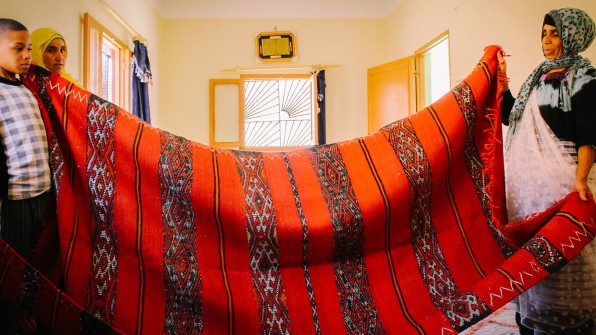
[Photo: courtesy Salam Hello]
These rugs can take anywhere from two to 17 months to complete depending on how many women are weaving at one loom and are known the world over for their exquisite details. The weaving practice itself is steeped in tradition, but the design process is, too; most of the rugs created by Berber artisans are designed to serve a belief-based purpose, Solomon explains. “Every step of the process leads to the rug being a shield against evil for the house that it’s in and the weaver themselves,” she says. “The weavers do a prayer before starting so evil doesn’t enter between the threads; [it’s] all done on a loom, which is set up for spiritual protection, and the rugs are made from 100% lambswool—wool in the Berber tradition is considered lucky.” The artisans’ hammer combs, which are specialized tools that press down on threads to ensure a tight weave, feature intricate designs on the handles made up of a collection of evil eyes.
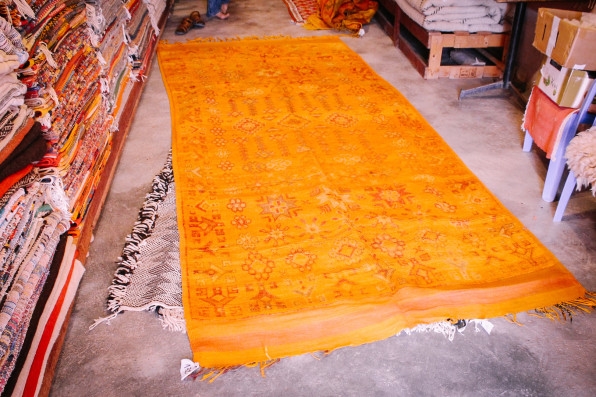
[Photo: courtesy Salam Hello]
The women practicing this tradition—who range in age from their late 20s to 100 years old—pay careful attention to the patterns they dream up to illustrate through thread. “The patterns themselves can mean something. The designs used to represent a wish for a future generation or something about the village or something they have metaphorically thought,” Solomon explains. “More recently, to keep up with demand, the women have started to take more inspiration from nature.”
Colors also play a role in the creation of these rugs; the dyes are derived from nature (“a super important process,” Solomon says) and, in general, yellow and orange dyes are made from saffron, red and pink come from henna or pomegranate, blue is derived from indigo (and can be soaked in vinegar to make a brighter hue), and green shades come from mint and alfalfa. But because these artisans tend to be consistently underpaid for their work by salesmen, Solomon tells me, to cut costs they’ve started to use pre-dyed wool from local markets instead of dying the wool themselves. These pre dyed-threads are made from synthetic colors, which ultimately shed more because of the lower quality. In the end, both the creator and the consumer lose out.
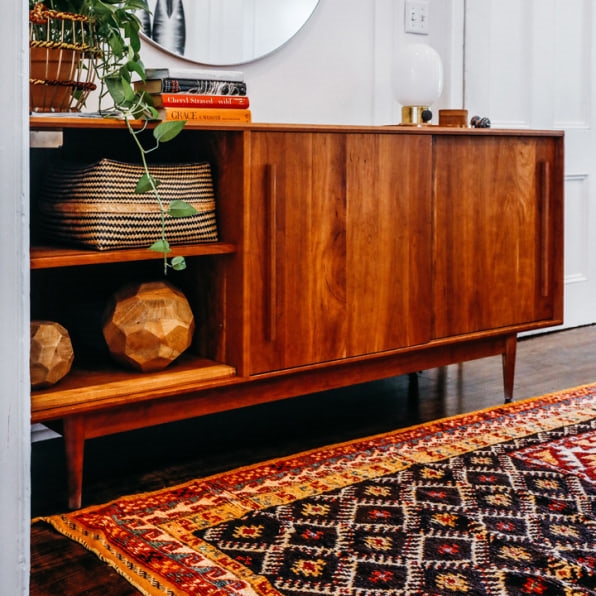
“All men are selling these rugs off the hands and backs of these women in the marketplaces,” Solomon says. “[The women] are the breadwinner of the family, working hours a day . . . their families are existing off of this tradition, this craft.” Geographically speaking, the Berber women of Morocco tend to live in rural areas, sometimes five to six hours away from the bigger cities. Because they don’t have cars, “they’re at the mercy of these middlemen, these brokers who come from bigger cities to these villages,” Solomon says. According to her, brokers break the female artisans down with manipulative tactics like sending different middlemen (from heavily trafficked carpet hubs like Marrakesh) to these villages several days in a row, offering a lower price each time. Eventually, the weavers agree to sell their rugs for a fraction of the cost they initially quote. “Since they’re not making money, you’re potentially going to lose the traditional craft,” she says.
Solomon’s goal is to be a middlewoman who meets these artisans face to face, pays them the wages they ask for, and advocates for them in negotiations, so that Salam Hello is selling rugs that are made under ethical conditions. It is still a business, though, and the rugs are marked up to cover travel, marketing, shipping—overhead, in short. Solomon donates 10% of all sales back to the women themselves for use in their communities as they see fit.
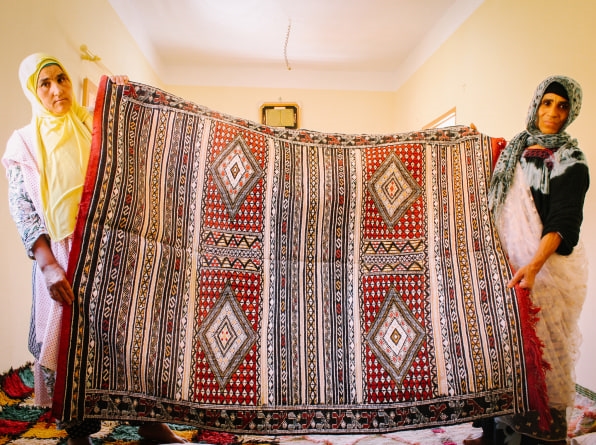
[Photo: courtesy Salam Hello]
“On average, we are paying the artisans a minimum of 40% of the final sale price,” Solomon says, excluding the donated profits. She points to a traditional rug woven by an artisan named Rokia, who was paid $425 for her work. “We are selling on the site for $1,035 USD, which is 41%. This will be followed by a 10% reinvestment in Rokia’s community. The range of costs depends on how many people it took, time invested, amount of materials, and whether or not the product is vintage. Given our industry insights, what we pay our artisans is at least triple what they would receive under the historic industry structure,” the founder notes in response to Co.Design’s questions.
Solomon plans to launch the company’s second “season” of rugs in early December. Beyond finding beautiful rugs and listing them at prices that she hopes will empower the Berber women who cultivate them, Solomon is building relationships with families across Morocco, who are often willing to take custom orders so that consumers can request a specific size, style, or color scheme. When we spoke, she was on the ground in Morocco, sourcing rugs for this next round. “I’m really inspired by all of the discussions of the colors of the year and what colors of the year are rising to the top . . . the emeralds, the corals, the rusts . . . I’m looking at the vintage and new rugs through that lens.”
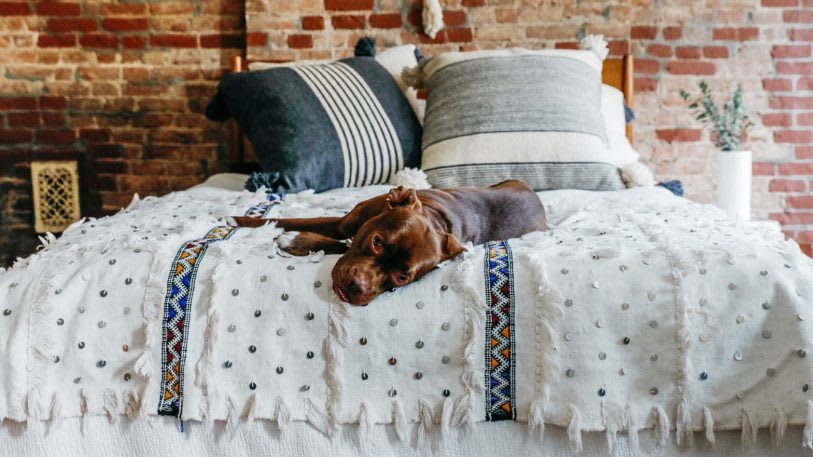
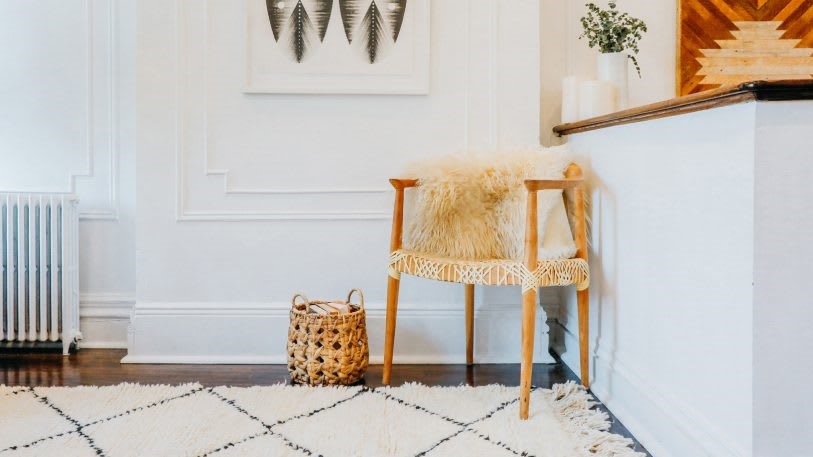
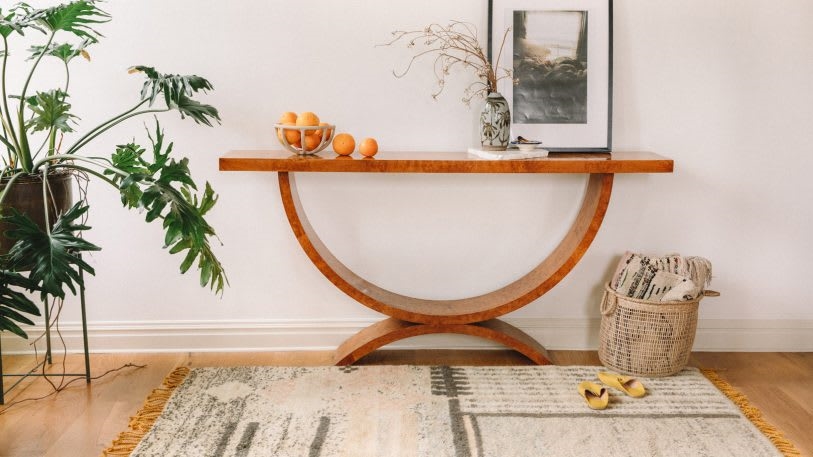
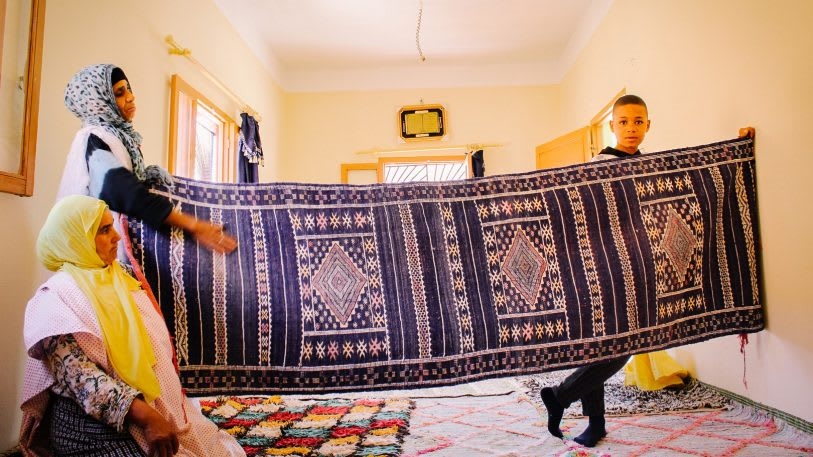
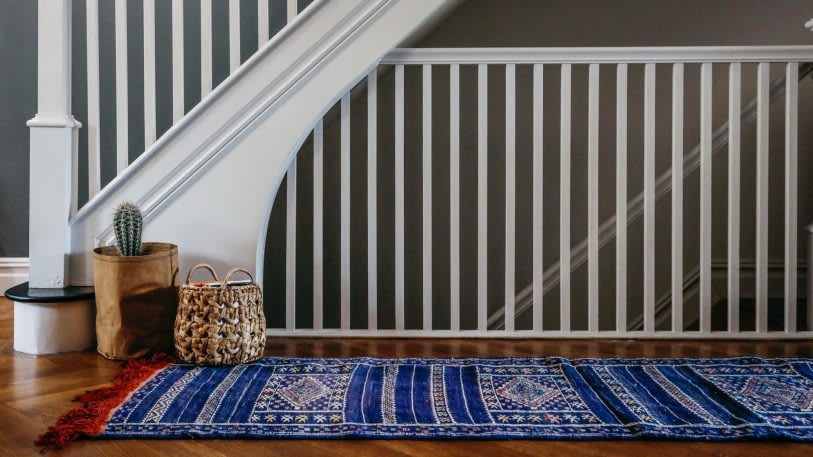
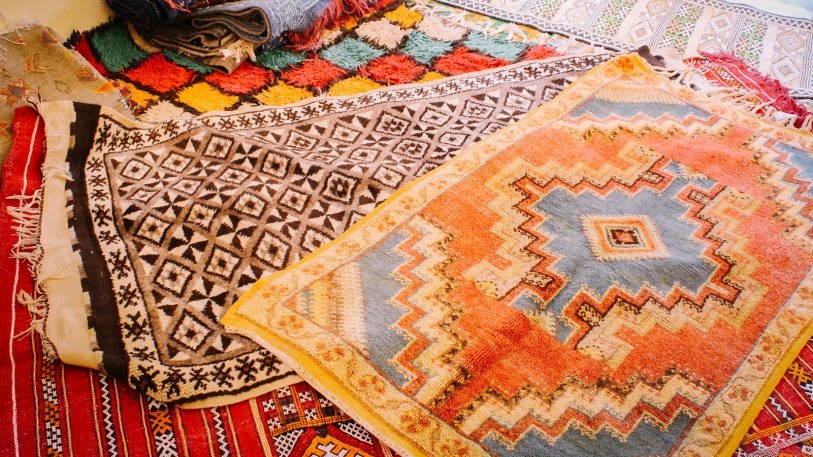
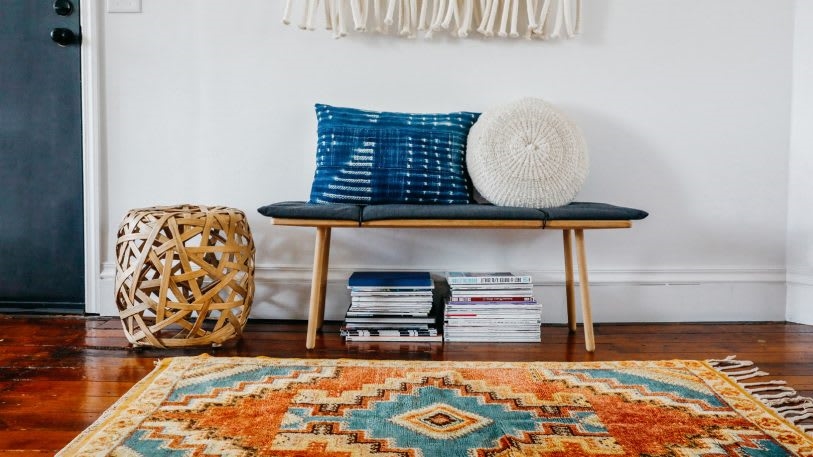
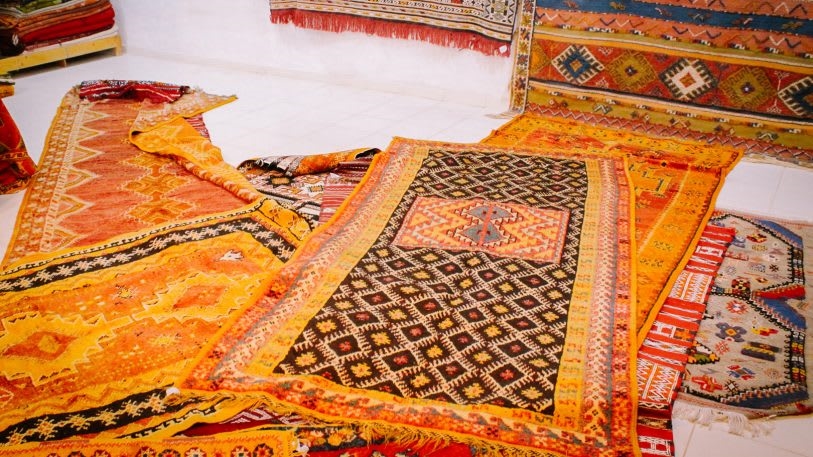
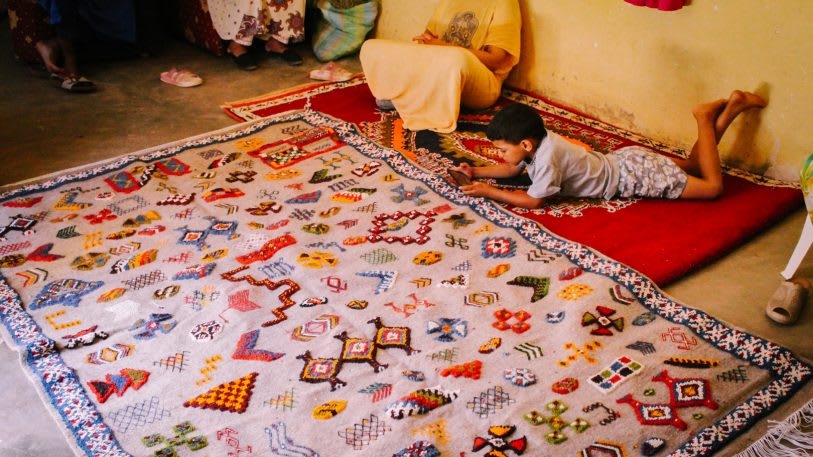
Fast Company , Read Full Story
(37)